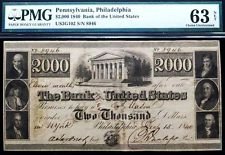
Paper money collecting is a specialty in numismatics. It not only consists of currencies, but also entails a variety of notes, which many may not think of collecting, or think of as currency. For instance, checks, both cancelled and uncancelled, by private banks, local, city, state and federal.
Notes that have never or rarely circulated, but are nevertheless collectible, and available somewhere, like $10,000 notes. $500 and $1,000 notes at one time did circulate more commonly, but are no longer used in circulation since around 1970. If banks get them, they will accept them at par, but a collector will give you MORE than face value, so why would you want to cash them in at a bank? Paper money collecting can consist of bonds, stocks, railroad certificates and certificates of deposits, similar to gold certificate currency and silver certificate currency.
Your Certificate of Live Birth is a Bond. Bet you don't have YOURS. My understanding is it is controlled by the IMF and traded on the Stock Exchange and is worth millions.
Question is: How do you get it returned to YOU. It's rightful recipient. But that's another story for a later date.
There exists state bank notes. Colonial notes of the 1700's. Confederate notes. Notes signed by specific officials of banks or governments. Hand signed notes. Notes collected by serial number or federal reserve districts, etc.
The collecting issues can be as varied as coin collecting. Some collectors collect by country only, specific denominations only, large size notes, small size notes, notes with particular artwork, commemorative issues. Variety and error notes (notes with printing errors on them, like two different denominations imprinted).
Disney Dollars are very collectible and some world notes made of new material called -Polymer Notes- with many new security features. If paper money collecting interests you, there are specialy clubs just for paper. There will be many paper money collectors in your local coin clubs. There is a magazine called - Bank Note Reporter - which paper money enthusiasts subscribe to, and an international organization called IBNS. The International Bank Note Society. A note-collector learns about grading, counterfeit detection and alteration, and joins clubs to get around other enthusiasts to learn more about their mutual interest. You can go to coin clubs and coin shows to buy, sell and trade and expand your knowledge and skills. Download the PDF - "An Introduction to Van Court's Bank Note Reporter and Counterfeit Detection". Start your adventure. You will only learn more. Happy hunting.
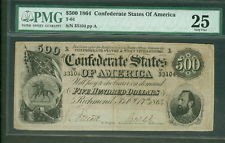
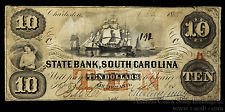
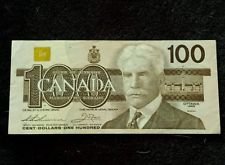
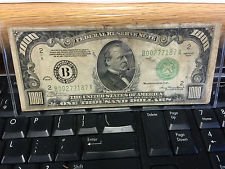
Wow, haji, you sure do know a lot about numismatics, I see. I am a coin collector also. Your information post and blogs are really good. I will see if there is a club in my town and go the ANA website and look around.
Congratulations @majestic-haji! You have received a personal award!
Click on the badge to view your Board of Honor.
Do not miss the last post from @steemitboard: